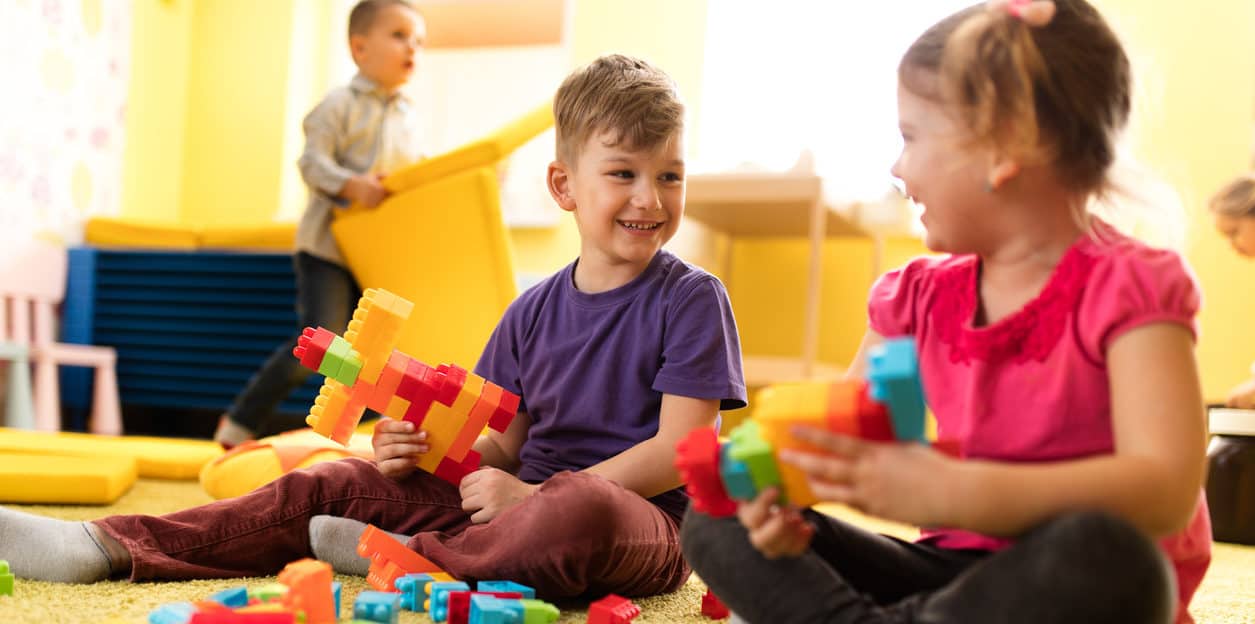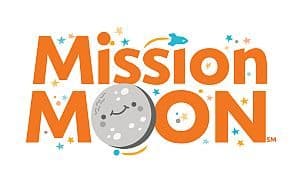
- About
- News
- Programs
- Grants
- Events
- Register
- Resources
- Donate


Soft skills–the less obvious social skills such as communication, self-control, leadership, critical thinking, and creativity–have received lots of attention in recent years. As noted in a report by Forbes, employers across every industry are giving soft skills more weight in their recruiting process, and high schools and colleges are looking for ways to strengthen soft skill development in their curriculums and course offerings. However, research shows that developing soft skills in early childhood is the best way to ingrain these abstract abilities and encourage continued growth through adulthood.
Research used by Pairin, one of the top college and career path planning companies in the nation, cites some high-level studies showing why developing soft skills in early childhood is crucial to success.
For example, the Dunedin Multidisciplinary Health & Development Study followed close to 1,000 kids born in 1973 in Dunedin, New Zealand. The study tracked their development to the present day. One thing became clear as the project concluded and data trends emerged: the more self-control (a major soft skill) a child had early on, the more successful and stable the child was in later years. The study listed some remarkable statistics:
In the realm of employability, the research discovered the following:
Pairin summarized the employability and soft skills data this way: “For every point a student was scored higher in social competence, that student was 1.46 times more likely to be employed and 1.66 times more likely to have a stable job by age 25 (Jones, Greenberg, & Crowley, 2015).”
As child development publication Child Trends notes, there are crucial soft skills that children should try to develop in their early years. If there’s one program that thoroughly covers every area of soft skills (including the five major ones mentioned by Child Trends), the FIRST® LEGO® League program is it.
FIRST® LEGO® League Jr. is for ages 6 through 10. It introduces children to the STEM world (Science, Technology, Engineering, Math) via something they already hold dear: LEGO®. Participants tackle real-world scientific problems such as energy or food safety and explore the boundless realm of possible solutions. They realize their solutions with fun-to-build models. Adult coaches help the students build LEGO® models using the LEGO® Education WeDo products. Next, the students make Show Me posters that represent their building process and demonstrate what they learned about the real-world scientific problem. Every step a child takes through the program follows the vision of the FIRST Core Values, which include Discovery, Innovation, Impact, Inclusion, Teamwork, and Fun–all values that build soft skills.
 For example, registrants receive and work with the FIRST® LEGO® League Jr. MISSION MOONsm Inspire Model. It has STEM-inspired components that come to life using LEGO® Education WeDo 2.0.
For example, registrants receive and work with the FIRST® LEGO® League Jr. MISSION MOONsm Inspire Model. It has STEM-inspired components that come to life using LEGO® Education WeDo 2.0.
FIRST® LEGO® League works in a similar way to FIRST® LEGO® League Jr. except for the following differences:
As students work in teams on these models with the guidance of experienced coaches, they build valuable soft skills. Whether a child participates in FIRST® LEGO® League Jr. or FIRST® LEGO® League, the participant will gain:
Students learn to interact and cooperate with peers their age while also working with adults to finish their model and Show Me poster or compete on the playing field.
As the teams explore real-world problems, participants strengthen their communication skills as they discuss the problem, exchange ideas for possible solutions, then work together to finish their model.
Students learn to think independently and resourcefully as they dig deep to think of ideas for their model and poster or consider strategies for the playing field. As education groups such as Reading Rockets notes, higher-order thinking (HOT), is a skill that can be learned. It means going beyond just memorizing facts, but taking those facts and doing something innovative and productive with them.
The project is not always easy, which is why adult coaches are there to guide the team through it. But as the kids explore the real-world problem and search for solutions, they must exercise patience and self-control as obstacles slow their progress.
Even though the project is challenging, the process is designed to be as fun and encouraging as possible. Students step away feeling like winners with boosted self-esteem and a positive self-image. FIRST® LEGO® League Jr. and FIRST® LEGO® League are designed to be inclusive and encouraging. As you will see in the Team Basics page, kids at all skill levels are welcome. No previous technical knowledge or experience is required. Teams are organized by schools, youth organizations, or community groups and at least two adult coaches work with each team of six to ten students. In other words, it is a very supportive atmosphere and a haven for soft skills development.
As students build their models or design their innovative solutions, many opportunities for creativity come their way. Participants are encouraged to dream up unusual and creative solutions as they work through the project.
The team environment gives students a chance to take the lead and learn the soft skills that quality leadership requires. Working with adult coaches also gives them a chance to see good leadership in action as the adult role models guide them through the process.
 If you’re thinking about getting involved in FIRST® LEGO® League Jr. or FIRST® LEGO® League, be sure to register for the upcoming robotic seasons, which kick off on August 1, 2018. The new theme of the robotic season for FIRST® LEGO® League Jr. will be MISSION MOONsm, and the new theme for FIRST® LEGO® League will be INTO ORBITsm. Kids will love these exciting space themes in the upcoming robotic seasons.
If you’re thinking about getting involved in FIRST® LEGO® League Jr. or FIRST® LEGO® League, be sure to register for the upcoming robotic seasons, which kick off on August 1, 2018. The new theme of the robotic season for FIRST® LEGO® League Jr. will be MISSION MOONsm, and the new theme for FIRST® LEGO® League will be INTO ORBITsm. Kids will love these exciting space themes in the upcoming robotic seasons.
Combining STEM knowledge with soft skills creates a powerful advantage for young minds. It gives them the tools to tackle conflict and problems in their lives and work. Additionally, it prepares them to join a workforce that is desperate for strong characters and highly developed soft skills.
Learn more about how you can become involved by:
No matter how you choose to get involved, you will be inspiring the next generation of science and technology leaders and innovators.